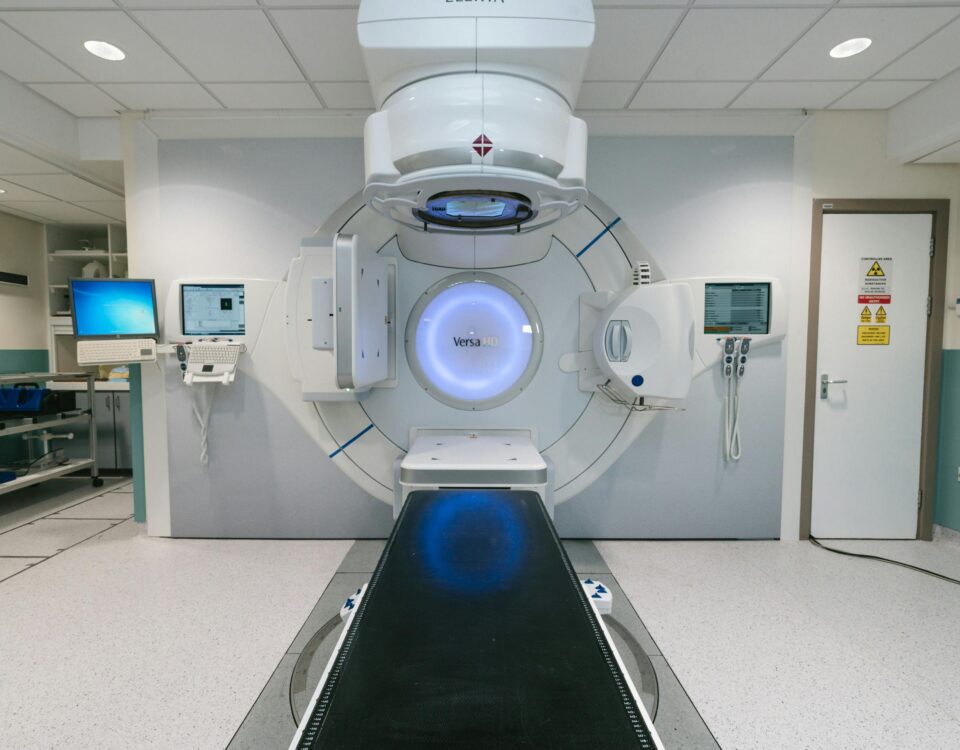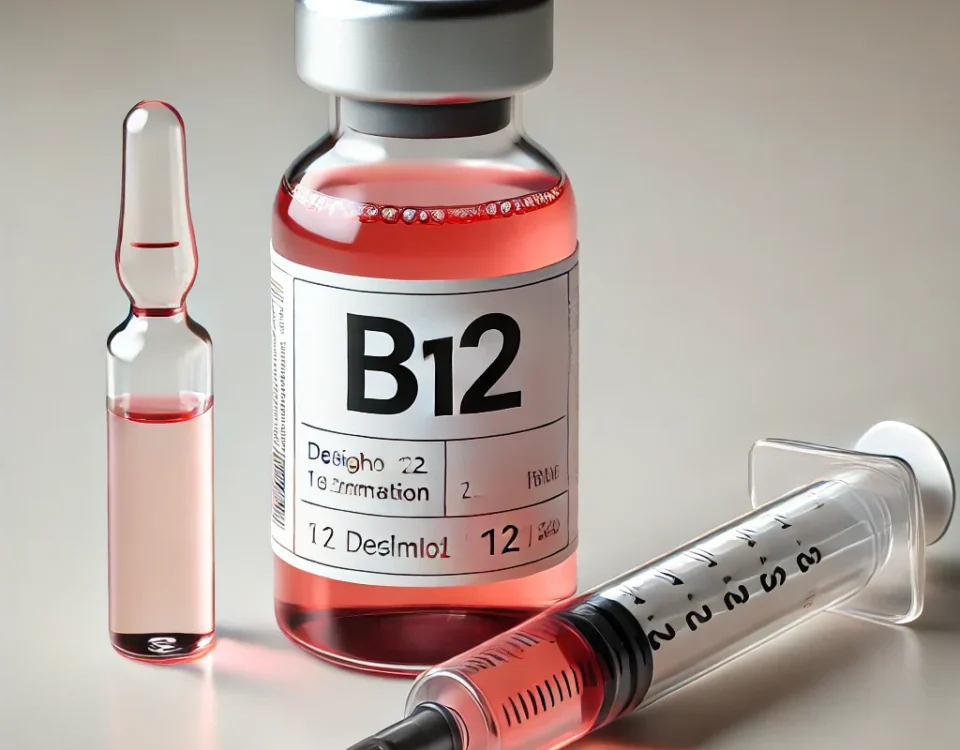
Alternative Therapies in Pain Management
October 2, 2025
Best Practices for Wound Care in the Elderly
October 2, 2025Glucagon-like peptide-1 (GLP-1) is a hormone that plays a key role in regulating appetite and blood sugar. When you eat, your intestines naturally release GLP-1, signaling your body to produce more insulin. Medications that mimic this hormone, known as GLP – 1 receptor agonists, have been developed to aid in blood sugar management and have an effect on body weight. Here is more information on how this hormone helps to lose weight:
Controlling Blood Sugar
The primary function of GLP-1 is tied to blood glucose regulation. After a meal, when blood sugar levels rise, GLP-1 stimulates the pancreas to release insulin. This process helps your body’s cells absorb glucose from the bloodstream, which they use for energy. This action helps maintain stable blood sugar levels, and it also reduces the amount of glucose your liver produces. The body’s response to food intake is a complex process.
Mimicking Hormones
GLP-1 receptor agonists are medications that imitate the body’s natural GLP – 1 hormone. These medications bind to the same receptors as the natural hormone, yet they are engineered to last longer in the body. Natural GLP-1 is broken down very quickly, while the manufactured versions resist this rapid breakdown. Their extended duration allows them to exert their effects over a longer period.
Reducing Appetite
One of the ways GLP-1 influences the body is by affecting the speed of digestion. The hormone slows down how quickly food leaves your stomach, which is a process known as gastric emptying. A slower rate of digestion contributes to a feeling of fullness that lasts longer after you eat. You may find yourself feeling satisfied with smaller meal portions.
These medications also work on a neurological level. GLP-1 receptors are present in areas of the brain that control food intake and satiety. By activating these receptors, the medication sends signals to your brain that reduce your appetite and lessen food cravings, so you may not feel as hungry between meals. This brain-based mechanism is a key component of its function.
The combined effects on both the stomach and the brain create a dual-action approach to appetite management. This mechanism may lead to a lower overall calorie intake. The feeling of satiety from slowed digestion, paired with the brain’s reduced hunger signals, works together to influence eating behaviors. You might naturally adjust your food consumption without feeling deprived.
Promoting Weight Loss
The reduction in appetite and calorie consumption may lead to weight loss for individuals using GLP-1 medications. When you consume fewer calories than your body burns, you begin to lose weight over time. This calorie deficit is the fundamental principle behind weight reduction. It is a direct result of the medication’s influence on hunger and fullness signals.
These medications were initially developed for the management of diabetes. The observation that many people using them also lost weight was a secondary finding from clinical studies. This effect has since become a primary reason for their prescription in certain situations. While weight loss is a common outcome, the amount can differ from person to person.
Schedule an Appointment for GLP – 1
If you are interested in learning more about GLP-1 medications and whether they are a suitable option for your health needs, the next step is to consult with a healthcare professional. A provider can evaluate your individual health profile and discuss available treatments with you. Schedule an appointment today so you can discuss your personal health goals with a wellness center team.





